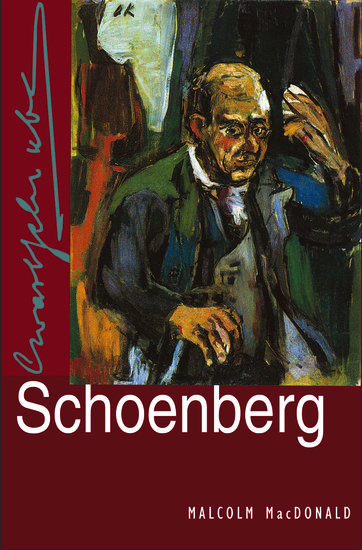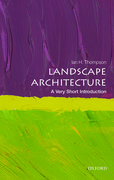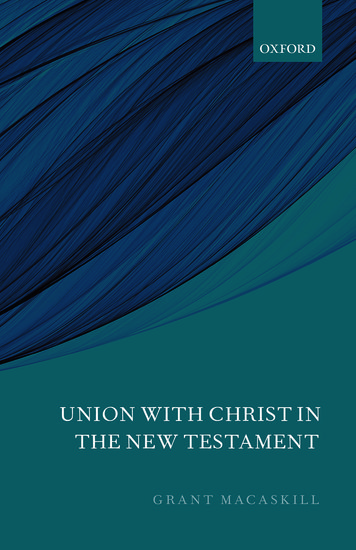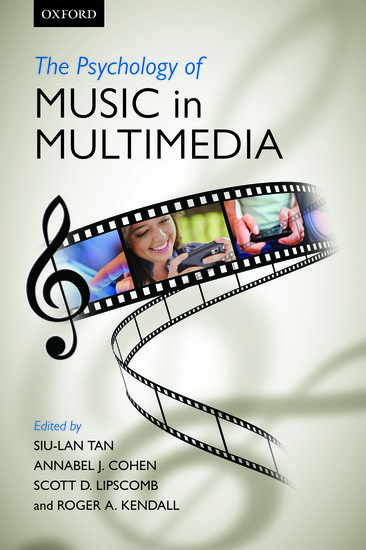By Ian Thompson
It comes as a surprise to many people that landscapes can be designed. The assumption is that landscapes just happen; they emerge, by accident almost, from the countless activities and uses that occur on the land. But this ignores innumerable instances where people have intervened in landscape with aesthetic intent, where the landscape isn’t just happenstance, but the outcome of considered planning and design. Frederick Law Olmsted and his partner Calvert Vaux coined a name for this activity in 1857 when they described themselves as ‘landscape architects’ on their winning competition entry for New York’s Central Park; but ‘landscape architecture’ had been going on for centuries under different designations, including master-gardening’, ‘place-making’, and ‘landscape gardening’. To avoid anachronism, I’m going to call the entire field ‘landscape design’. The ‘top ten’ designers that follow are those I think have been the most influential. These people have shaped your everyday world.










